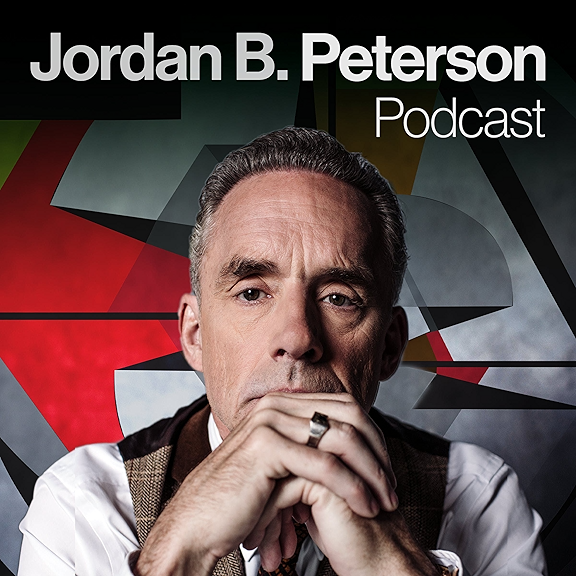
We all have negative thoughts sometimes. Sometimes automatic negative thoughts can get out of control and hold us back from accomplishing goals and living our best life. Learn to recognize faulty thinking patterns.
htttps://www.claritycoachingservices.com
TRANSCRIPT: Hi, I’m Carol with Clarity Coaching Services and I’m here to share some tips on how to build your best life. In this segment we're going to talk about negative thinking. So when you have a negative thought, you're going to want to revise and reframe it. We all have negative thoughts and a lot of times they're just automatic -- they just come to us; it's a habit. So the first step is to recognize faulty thinking. There are a lot of types of negative thoughts that we all have, and you might be able to recognize some of these that you do. This is from the works of Albert Ellis, Aaron Beck, David Burns and others.
The first one is Generalization. For instance, I always feel this; you always do this to me. It's always, always, always. And that's obviously not true -- nothing ever is always.
And the second one is Jumping to Conclusions / Mind Reading -- People think I’m boring; I know they think I’m boring. Or Fortune Telling -- I know my partner is going to leave me. I know I’m not going to get that raise. And you don't really know; you may assume, but you don't really know. A lot of times we might jump to the negative conclusion instead of the positive conclusion.
All Or Nothing Thinking -- If I don't do well on this test, I’ll never become a success at anything. Like one failure and that's the end of your whole future.
Personalizing Or Blaming -- My friend hasn't called me this week because she's mad at me. Your friend might be busy that week but you kind of take it on yourself to be the reason why. I'm depressed because my partner is in a bad mood. That's the blaming -- because my partner's in a bad mood, I now must be depressed. That's not true; you take responsibility for your own emotions.
Catastrophizing Or Minimizing -- jumping to the worst-case scenario without evidence. For instance, Oh, I missed a call from the principal at my child's school. Oh no! He must have fallen from the swing and broken his neck. Or you know, catastrophizing to the worst-case scenario or habitually minimizing the positive aspects of something. Or the negative aspects of something, like – Oh, it's not really that bad that you have cancer. I'm sure it'll all be fine. I mean, I can't imagine that most of us do that, but that would be minimizing the negative. Minimizing the positive was: Oh, yeah, I got a promotion, but you know, it was my turn. It just happened to be my turn to get that position.
Black And White Thinking -- situations and people are either all good or all bad; no shades of gray. That person did that thing and therefore they are evil, bad. We don't want to associate with them anymore because that doesn't align with our beliefs.
Labeling -- He is stupid, rather than he has difficulty doing math problems. Or, I am a failure, rather than Oh, I failed that test.
Emotional Reasoning -- I feel it; therefore it is true. I think that's a trap. We all have emotions -- sometimes they're based on real issues and sometimes they're not.
Should And Must Beliefs-- I must do this. They should be this way. It's not okay the way things are.
Control Fallacies -- I have no control over myself and others. Or, I have complete control over myself and others. Or, I can change others. The reality is we only have limited control over things in our life. It's important that we are able to make the changes we can, for sure -- just realize you're going to set yourself up for disappointment if you're always trying to control every aspect of your life and the life of your friends and family.
The Fairness Fallacy/ Heaven's Reward -- That life is fair, and people will always receive just rewards or punishments for their efforts and actions. Well, unfortunately, life is not always fair.
Perfectionism Or Rigid Thinking-- I must be perfect or right in order to be of worth. That also leads to the inability to appreciate another's point of view -- if you are always perfect and right, what does that say about everyone else in the world? Because we know that everyone else in the world doesn't always have the opinion as you. So if you are a perfectionist or have rigid thinking, you're shutting yourself off from connection with others that might benefit you, and you might not attempt to try things out of the fear of not being perfect.
For more information you can contact me at my website: claritycoachingservices.com.




















